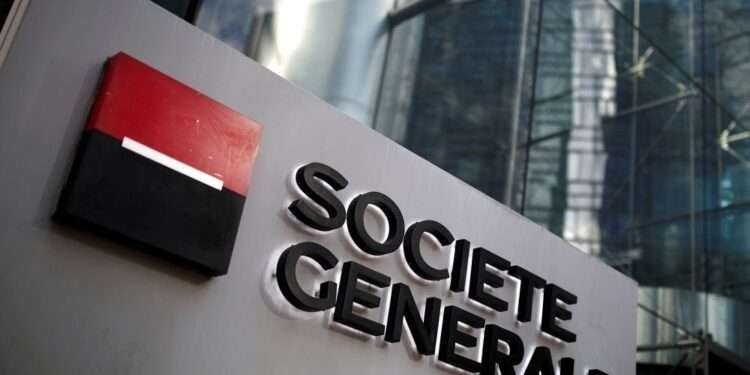Switzerland’s Ambassador to Ghana, Simone Giger, has underscored the urgent need for Ghana to broaden the scope of its economic and trade sectors.
She believes the country must move beyond the export of raw materials and embrace value addition, manufacturing, and innovation to unlock its full potential on the global market.
Ghana and Switzerland share a long-standing diplomatic and economic relationship rooted in trade, particularly in cocoa exports, and environmental cooperation. Over the years, Switzerland has emerged as one of the top importers of Ghanaian cocoa, and both nations have worked collaboratively on climate and environmental sustainability initiatives. This cooperation, according to Ambassador Giger, has laid a strong foundation for deepening bilateral relations in other sectors.
However, she believes that Ghana must now seize the opportunity to further develop its industrial capacity and diversify its economy to improve its resilience and global competitiveness. “In boosting the economy, I feel that Ghana’s economy and trade should be more diversified,” she emphasized.
Moving Beyond Cocoa and Gold
Ambassador Giger called for the expansion of Ghana’s production and export base beyond its traditional staples such as cocoa, gold, and crude oil. These commodities, while crucial, make the country vulnerable to external shocks such as fluctuating global prices and demand.
She urged Ghana to invest in processing and manufacturing capabilities to transform raw materials into finished or semi-finished products. This, she noted, would not only create jobs locally but also enhance the value of Ghanaian exports.
“I would be super happy if one day I could go to a Swiss market and buy clothes made in Ghana, handcrafts made in Ghana, or even chocolate made in Ghana,” the Ambassador said, expressing her desire to see Ghanaian products gain visibility and market share abroad.
Her statement reflects a broader global call for African nations to reduce dependence on raw exports and tap into global value chains by developing competitive local industries.
Tapping into Global Markets
Ambassador Giger expressed strong optimism about Ghana’s economic prospects, stating that the country has immense potential to break into new international markets if it focuses on diversification and innovation.
She encouraged the development of sectors such as textiles, agro-processing, tourism, renewable energy, and digital services. According to her, these sectors not only offer opportunities for job creation but also allow Ghana to present a more diversified and sustainable economy to the world.
“The talent and creativity are already here. What’s needed now is investment, infrastructure, and the right policy environment to make Ghanaian products globally competitive.”
Simone Giger
Beyond trade and economic diversification, Ambassador Giger reaffirmed Switzerland’s commitment to supporting Ghana in environmental and climate protection initiatives. She acknowledged the significant progress made through partnerships between the Swiss government and Ghana’s Environmental Protection Agency (EPA).
“We will continue our cooperation in environmental and climate protection, and I really hope other countries will see what we have done. We learn from our experiences, and I hope Ghana will get praise for the work it has done with the EPA in leading some climate initiatives.”
Simone Giger
This continued cooperation, she noted, sets a model for international collaboration that blends economic development with sustainability.
Ambassador Giger’s message is clear: Ghana must not wait to be pushed by crises or external forces. Instead, the country should proactively reimagine its economy by investing in value-added industries and leveraging its strategic position in West Africa to become a hub for innovation and production.
Her vision of buying “clothes made in Ghana” and “chocolate made in Ghana” from a Swiss market may seem aspirational, but it is grounded in a genuine belief in the country’s capabilities.
READ ALSO: Govt’s Fuel Levy, Punitive- Sky




















